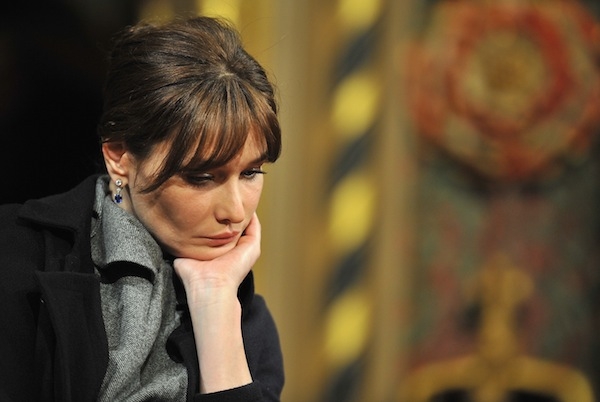In Democracy in America, Alexis de Tocqueville identified ‘the tyranny of the majority’ as the main shortcoming of democratic societies. His fear was that the principle of majority rule could cross over from the political arena to the realm of ideas. After all, if being able to command the most votes is the main source of political authority, what’s to stop it becoming the main source of intellectual authority? Tocqueville wasn’t worried about people being oppressed physically in democratic societies. Rather, it was their independence of mind that was at risk — and this ‘mild despotism’ was, in some ways, even more pernicious than the overt despotism of European monarchies.
Was Tocqueville being unduly alarmist? Today, diversity of opinions and ideas is one of the great distinguishing characteristics of democratic societies. Even where one viewpoint clearly predominates — such as a belief in socialised medicine — there’s usually an active minority that isn’t afraid to voice its dissent.
But if Tocqueville was wrong about the tendency of individuals to be tyrannised by the majority across whole societies, he was right about it happening within the various groups that make up democratic societies. People will disagree about whether those on the left are more susceptible to herd opinion than those on the right, but what is beyond dispute is that left-wing activists are more effective at enforcing a party line.
The manner in which the left has hijacked Twitter is a case in point. Take the recent fate suffered by Carla Bruni, the former first lady of France. Last week, she gave an interview to French Vogue in which she expressed mild scepticism about the continuing relevance of feminism in the 21st century. ‘We don’t need to be feminists in my generation,’ she said. ‘There are pioneers who paved the way. I am not at all a feminist activist.’
Reasonable enough, you might think, given that women have comprehensively won the battle of the sexes. But among hard-core feminists, such a view was tantamount to heresy and they soon began mobilising on Twitter to punish Bruni for her sedition. A women’s rights group called Osez le Féminisme! (Dare to Be Feminist!) urged its followers to ‘explain’ to the former supermodel why she was, ahem, mistaken. Within days, Bruni had been assailed with thousands of tweets, all admonishing her for dissenting from left-wing groupthink. By Monday of this week, Bruni had issued a grovelling apology, announcing that she is a feminist after all.
Another example is the Hacked Off campaign to get people to sign the online petition demanding that Leveson be implemented in full. In the past week, my Twitter timeline has been deluged with calls to arms from the likes of Emma Watson and Richard Dawkins urging me to sign the petition. (‘I’ve signed it with enthusiasm,’ tweeted Dawkins — reason enough, presumably, to follow suit.) Now these haven’t had any impact on me. But for those who think of themselves as liberal and progressive, they’re obviously making quite an impression. At the time of writing, over 140,000 people had signed the petition.
One of the characteristics of the Hacked Off campaign has been its self-righteous tone, depicting anyone who opposes statutory regulation as morally suspect. ‘MPs must back Dowler not Dacre,’ tweeted Hugh Grant, as if not signing the petition was tantamount to spitting in the face of Milly Dowler’s parents. This is the so-called ‘victim test’ that any response to Leveson must pass. What’s so ironic about this is that the people supporting the Hacked Off campaign would be the first to condemn a right-wing tabloid that attempted to railroad through an illiberal law by applying a similar ‘test’. Castration for rapists, anyone?
Sometimes the left-wing Twitterati do more than simply issue blanket moral condemnations of anyone who fails to toe the line. They actively go after dissenters by urging their followers to join them in a public shaming exercise. I experienced a mild version of this recently when Graham Linehan, a comedy writer with impeccable liberal credentials, urged his 245,000 followers to pile into a debate I was having with him. Within minutes I’d been called every name under the sun.
To describe this as ‘mild despotism’ doesn’t quite do it justice. It’s more like the intellectual equivalent of a Salem witch trial. As I say, it has little affect on me. But for people more susceptible to the storm troopers of left-wing orthodoxy — like poor Carla Bruni — it’s exactly the form of ‘tyranny’ that Tocqueville warned against.







Comments